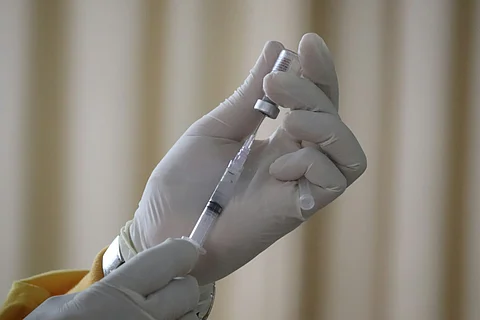Mesothelioma, a rare and aggressive cancer, continues to present significant treatment challenges with conventional approaches offering limited success. With median survival rates rarely exceeding 12 to 21 months, researchers have turned to immunotherapy as a promising alternative to traditional chemotherapy, radiation, and surgery. Among emerging immunotherapeutic strategies, dendritic cell vaccines stand out as one of the most promising approaches, potentially revolutionizing mesothelioma treatment by harnessing the body’s own immune system to fight cancer cells with precision.
Understanding Dendritic Cell Vaccines
What Are Dendritic Cell Vaccines?
Dendritic cells serve as the immune system’s sentinel cells, efficiently capturing, processing, and presenting antigens to T cells to initiate immune responses. Dendritic cell vaccines are personalized biological therapies created by extracting a patient’s own dendritic cells and exposing them to tumor-specific antigens and then reinfusing these activated cells back into the patient. This process essentially “trains” the immune systems to recognize and attach mesothelioma cells bearing these specific antigens. Unlike conventional treatments that indiscriminately damage healthy tissues, this approach offers remarkable specificity by directing the immune response exclusively toward cancer cells.
Clinical Trials and Research Developments
Recent clinical trials investigating dendritic cell vaccines for mesothelioma have shown encouraging results. Numerous clinical trials have been conducted and completed and demonstrated improved survival rates among patients, with some experiencing disease stabilizations for extended periods of time. These findings suggest that dendritic cell vaccines may provide meaningful clinical benefits, particularly when combined with traditional treatment methods.
Benefits and Challenges of Dendritic Cell Vaccines
Dendritic Vaccines Provide Several Advantages
Dendritic cell vaccines offer several distinct advantages over conventional treatments. The highly targeted nature of the immune response minimized damage to healthy tissues, resulting in fewer side effects compared to chemotherapy or radiation.
Additionally, these vaccines can potentially establish immunological memory, providing long-term protection against cancer recurrence, a significant benefit for mesothelioma patients who frequently experience disease relapse. Many patients who seek compensation for mesothelioma are advised by a New York Mesothelioma lawyer to stay informed about these emerging treatment options while pursuing their legal cases.
Limitations and Ongoing Challenges
Despite their promise, dendritic cell vaccines face several obstacles. The production process remains complex, time-consuming, and expensive, limiting widespread accessibility. Variability in patient responses poses another challenge, with some individuals showing robust immune activation while others demonstrate minimal benefit. Researchers are addressing these limitations through standardization of manufacturing protocols, identification of optimal antigen targets, and development of adjuvant therapies to enhance vaccine efficacy.
The Future of Mesothelioma Immunotherapy
Dendritic cell vaccines represent a milestone mesothelioma treatment. As combination approaches gain traction, these vaccines are increasingly being integrated with checkpoint inhibitors and conventional treatments to create a targeted cancer treatment. Such integrated approaches could significantly improve patient outcomes, potentially transforming mesothelioma from a rapidly fatal diagnosis to a manageable chronic condition.
Dendritic cell vaccines stand at the forefront of immunotherapeutic innovation for mesothelioma, offering new hope for patients facing limited treatment options. As research advances, continued investment in clinical trials and targeted funding will be essential to refine these promising therapies and make them accessible to patients worldwide. The journey toward effective mesothelioma immunotherapy continues, with dendritic cell vaccines creating a path toward improved survival rates and quality of life.


